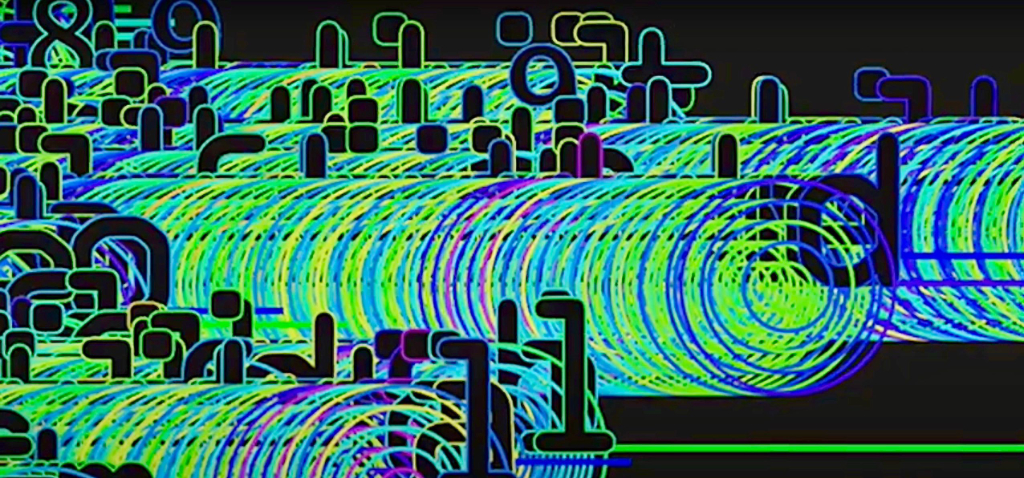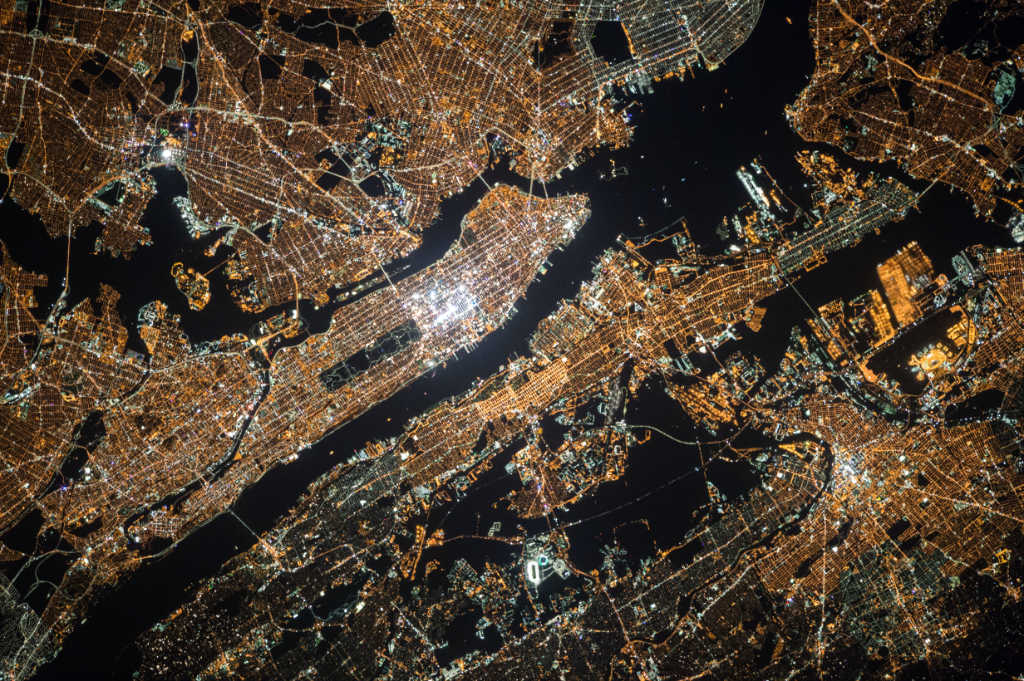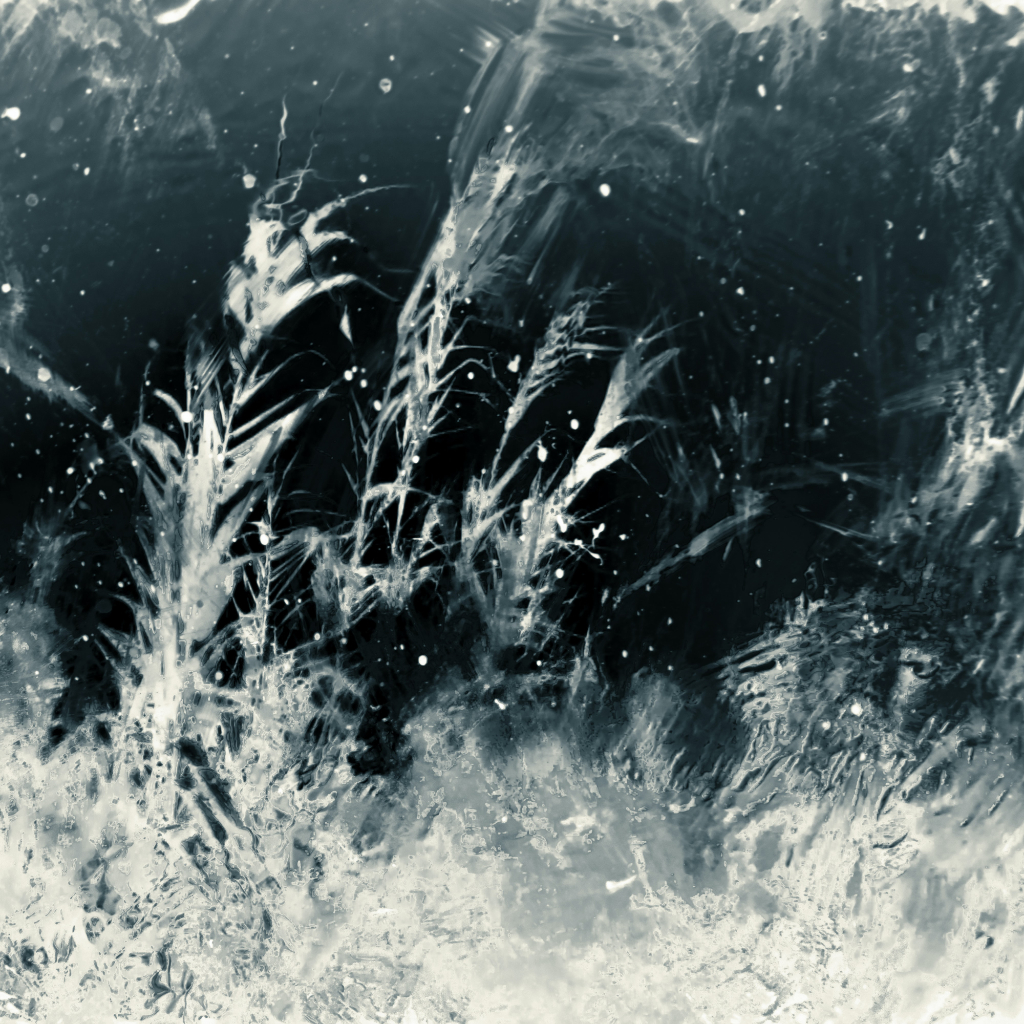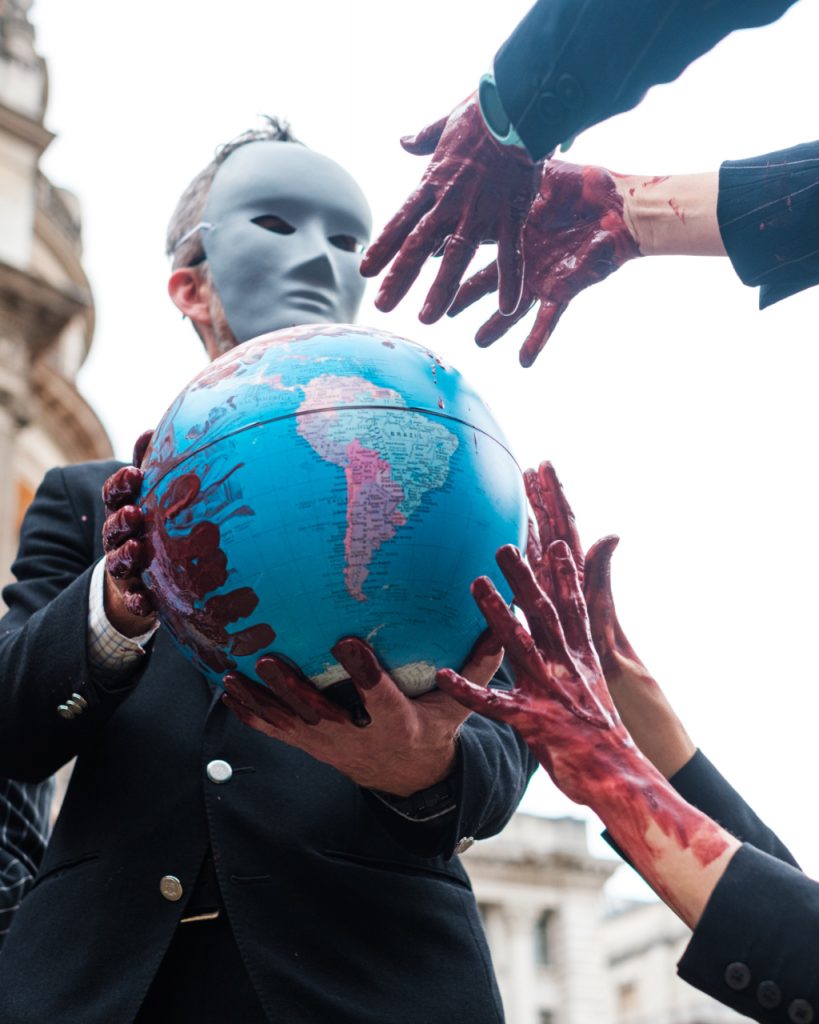Text by Simon Coates

The past fifteen years or so has seen the traditionally uneasy relationship between the realms of science and the arts undergo a series of changes, with technological and scientific institutions beginning to realise that their work greatly benefits from involving artists, writers and musicians.
Using organisations’ scientific research findings as starting points to inspire, the resultant artworks can help amplify achievements beyond the traditional boundaries of both parties’ communities. Data can be beautiful, and advancements in digital mapping, Artificial Intelligence technology and 3D printing have given artists a whole panoply of new ways to present their work. Artist residencies are now in place at CERN and NASA, and even Pfizer has appointed a Global Curator. What’s more, conversations started around diversity by race, mental health and gender-positive movements have brought welcome improvements in how new developments are tabled, explored and shared.
But where does the spoken word fit into all this? Devised by Napier University’s Dr Sam Illingworth and poet Dan Simpson, the Experimental Words project brings together science and literature to examine ways in which the two worlds can complement one another. Illingworth’s academic research focuses on how poetry and games can enable interaction between differing audiences. A noted wordsmith, Simpson has been poet-in-residence for the Glastonbury Festival, Imperial College London and Waterloo Station. Touted as a ‘high-energy collision of science and the spoken word’, Experimental Words pairs eminent scientists with a stellar selection of spoken-word artists whose collaborations have culminated in a ten-track poetry album of the same name, as well as a series of short films.
Experimental Words started life as a live performance project for the 2018 Manchester International Science Festival and is now an Arts Council-funded set of ideas in motion. Sam Illingworth explains how the initiative developed, post-2018: we wanted to create something that had more of a lasting legacy, and so we decided that we would make an album. We wanted to put together a selection of scientists and poets that celebrated diversity in all its many forms. In selecting the scientists, we wanted to work with people at various stages of their research careers, and across a wide range of disciplines. Those involved include, among others, 2018 Young People’s Laureate of London Momtaza Mehri, former UK slam poetry champion Joelle Taylor, cultural entrepreneur Malaika Kegode, engineering researcher Dr Sunday Popo-Ola, Professor of Disasters and Health Ilan Kelman, and Orthopaedic Surgeon and medical researcher, Sam Gallivan.
The album addresses a slew of issues that make sense to both the scientist and the poet. Climate change, inequality, revolutionary ideas, the physical and the metaphysical – how do we make sense of these things? Science and poetry can help. Perhaps an unfair question, but does Sam Illingworth have a favourite track? Honestly, I’m so proud of all of the tracks, and as with any album my favourite track tends to change on a daily basis. However, one of the tracks that I’ve been listening to a lot recently is Glass Bridge by Malaika Kegode and Sunday Popo-Ola. It presents such a novel interpretation of why engineering is so important to society and features a really haunting melody that was made by Malaika and her sister, which is a perfect accompaniment to the spoken words of the piece.




Illingworth and Simpson’s own Unweaving Science track opens the album, mashing scientific phenomenological explanations with poetic tropes to underscore the collision of systemic study and painterly word use. Taking alternating stanza, both pose questions and put forward ideas:
Science says: we are here, full stop.
Poetry says: we are here, question mark?
Science asks the questions, and poetry marks the spot.
The Beyond Visible Noise track – Martin Archer (Stephen Hawking Fellow in Space Physics & Public Engagement at Imperial College) and Shareefa Energy (neo-soul jazz poet, rapper and author) is also featured as one of the project’s short films, in which an unnamed protagonist stumbles through anonymous landscapes contemplating his own place in the universe. Using sound and sonic metaphors over a skittering backing track, Beyond Visible Noise meditates on how science and art can (and should) be regarded as partners sitting side-by-side in comfort.
Professor of Surgical Education Roger Kneebone and Genesis Slam poetry winner Rick Dove’s Communion With the Fabric also explores a weaving analogy, explaining how art and science are the warp and the weft of a fabric that covers and warms all humanity:
Common threads connect
near infinite bifurcations of subdivision
our commonalities run like warp threads
through time
intersecting the weft
where the singular mind entwines
we invest our souls.
The piece also cleverly uses a 1975 Keith Jarrett concert – wherein the pianist used a cadence from the intermission music – as a metaphor for the familiarity and succour provided by these woven ideals.
Adam Hart and Desree’s Shapeshifters closes the set. Hart is a Professor of Science Communication at the University of Gloucestershire and Desree is an award-winning spoken-word artist with performances at New York’s Bowery Poetry Club and the Albert Hall under her belt. Both cajoling and mediatory, Shapeshifters addresses ways in which both arts and science struggle, whether it be for appreciation, understanding, funding or support. Desree notes: you can see, look how much money goes into arms, and how little into conservation. How we’d rather wage war, than give a decent wage to art and science past graduation.
Illingworth’s intention is for the Experimental Words project to inspire people to think about the commonalities that science and poetry possess, and the next steps include evaluating feedback on the process so far to make it more inclusive as it moves ahead. What’s especially striking throughout is Illingworth and Simpson’s commitment to diversity. The two have taken great care in selecting a group of poets whose own solo work sparks and crackles around crucial BAME, neurodivergence and gender-inclusivity issues. This project shines with an innate determination to create space for a free exchange of views and ideas, treating academics and creatives as equals and giving them the respect they richly deserve.






